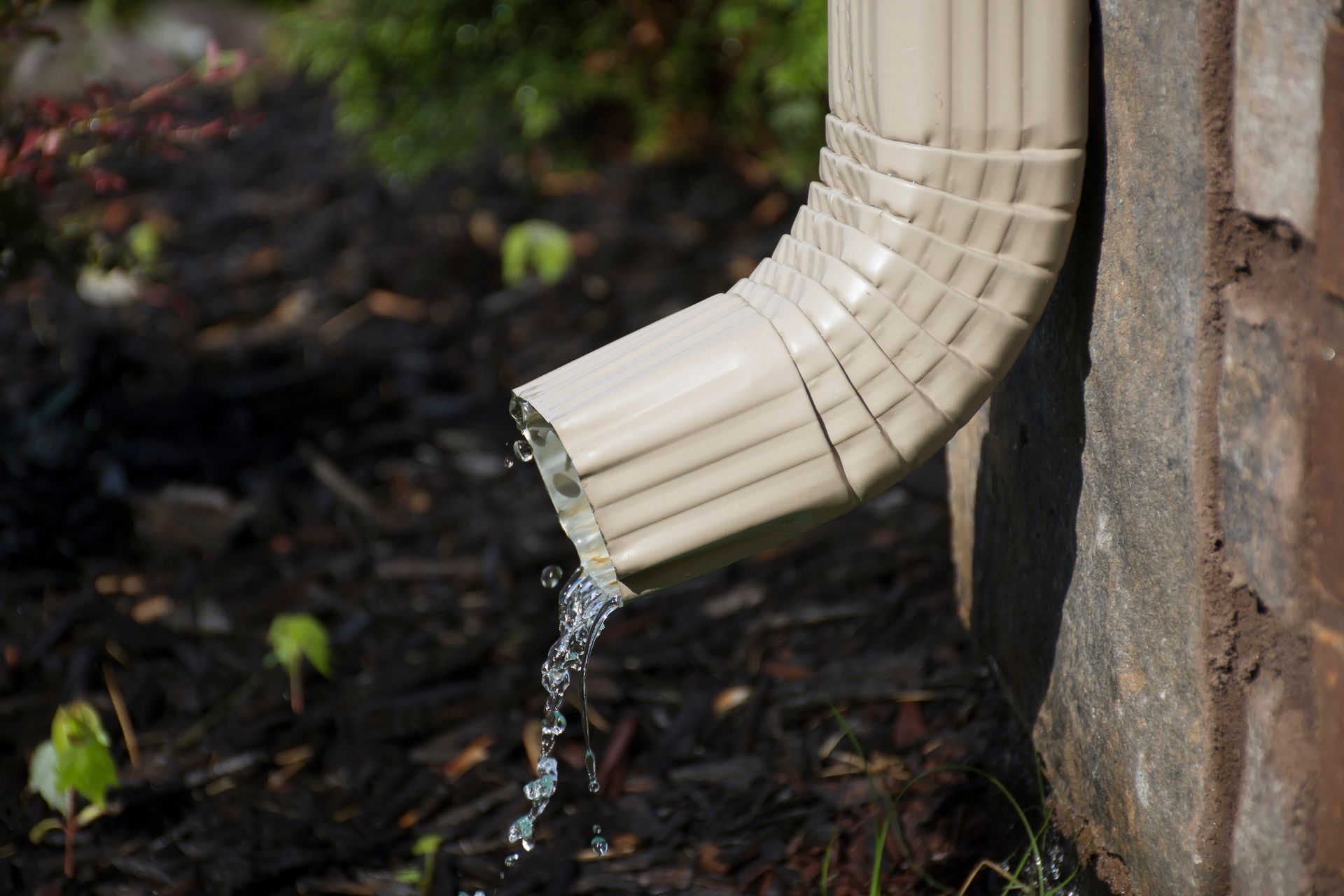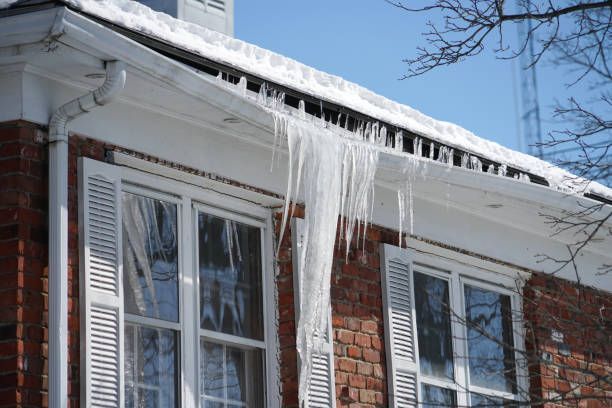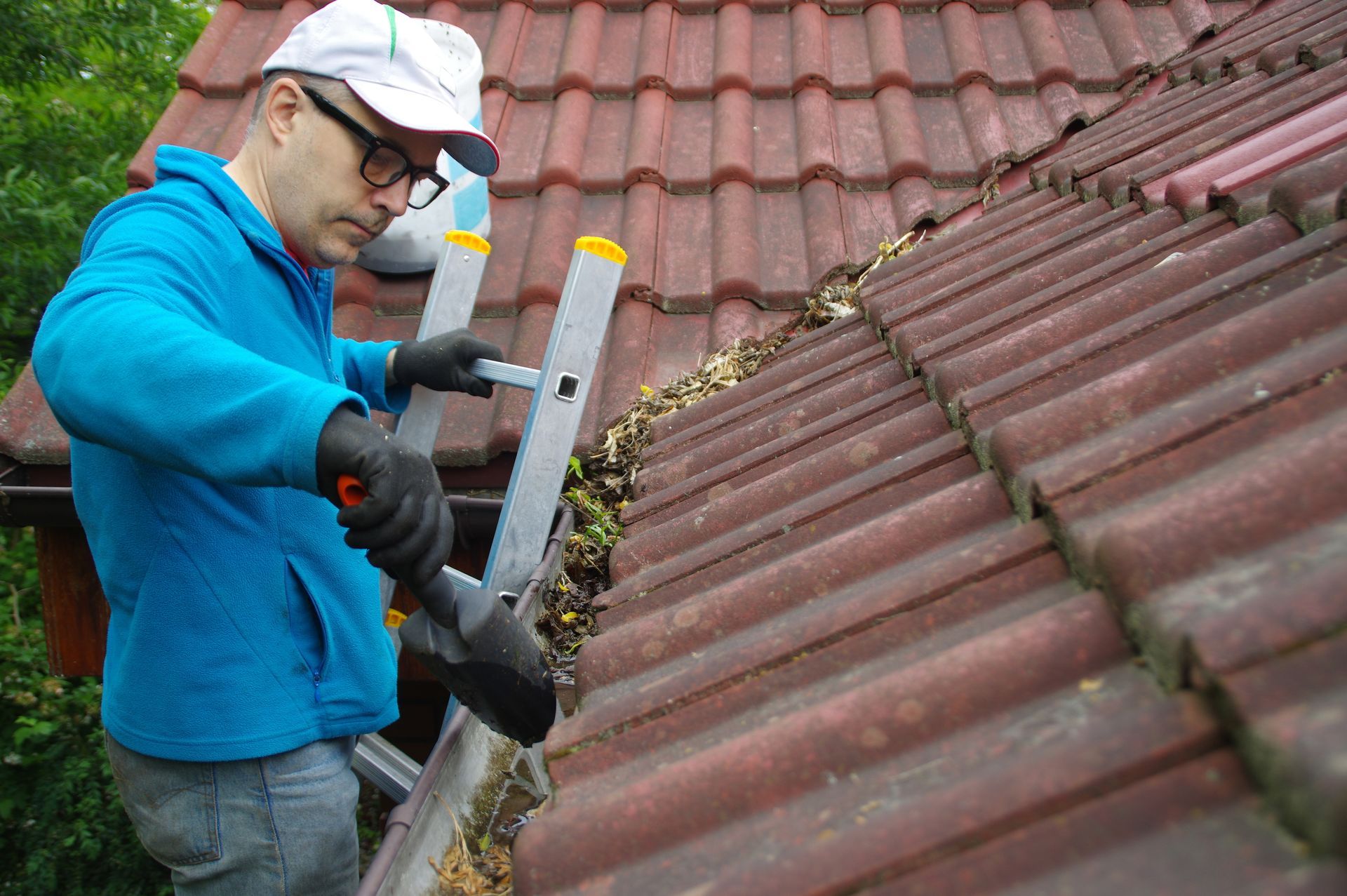The Link Between Gutters and Basement Flooding
Protect Your Home from the Top Down with Smarter Gutter Care
Let’s be honest—gutters aren’t exactly the most glamorous part of your home. Most of the time, they’re just there, quietly doing their thing. But here’s a little secret from the team at AJ Gutter: when your gutters aren’t doing their job, your basement could be paying the price.
If you’ve ever stepped into your basement after a heavy rain and found water where it shouldn’t be, your first thought might be: Is something leaking? Is the sump pump broken?
But we’re here to tell you—your gutters might actually be the hidden culprit.

Why Your Gutters Matter More Than You Think
Gutters are like your home’s unsung heroes. They collect rainwater from your roof and guide it safely away from your foundation. It’s a simple system—when it works.
But when gutters are clogged, sagging, or pointed the wrong way, rainwater starts to spill over the edges. And when that water pools around the base of your house, it’s only a matter of time before it starts creeping into your basement.
We’ve seen it all—musty carpet, ruined drywall, mold growing in places it shouldn’t be. And in more cases than we can count, it all started with a neglected gutter.
Real Talk: The Little Things Add Up
We’ve had customers tell us, “I didn’t think much about my gutters until the basement flooded.” You’re not alone if that’s your story too.
Here’s what can go wrong—and how it connects to that dreaded basement leak:
- Leaves and debris block the flow, and water spills right where it shouldn’t.
- Loose or leaky gutters let water drip right next to your home.
- Downspouts that dump water too close to your foundation feed the soil instead of draining it away.
- Bad grading around your home? That water’s going straight toward your basement wall.
So, What Can You Do?
Here’s the good news: fixing gutter-related flooding doesn’t have to be complicated. A little attention now can save you a major headache later.
1. Clean Your Gutters (Seriously)
We get it—cleaning gutters isn’t fun. But it’s one of the easiest ways to prevent water damage. At minimum, do it twice a year (or call us and we’ll handle it for you).
2. Keep an Eye Out
Next time it rains, take a quick look outside. Are your gutters overflowing? Is water pooling near the foundation? These are red flags.
3. Extend Those Downspouts
It sounds simple, but adding a few feet of downspout extension can redirect a flood's worth of water away from your house.
4. Let the Pros Take a Look
Every home is different. If you're not sure what’s going on—or you just want peace of mind—we’re happy to come take a look and offer honest advice.
Your Home Deserves Better Than a Wet Basement
If you’ve dealt with flooding before, you know how stressful and expensive it can be. And if you haven’t? Let’s keep it that way.
At AJ Gutter, we care about more than just gutters—we care about helping you protect what matters most. We’ve helped countless homeowners catch problems early, avoid costly repairs, and keep their homes safe and dry, rain or shine.
Give us a call or book a visit. We’ll make sure your gutters are doing their job—so your basement doesn’t have to.




